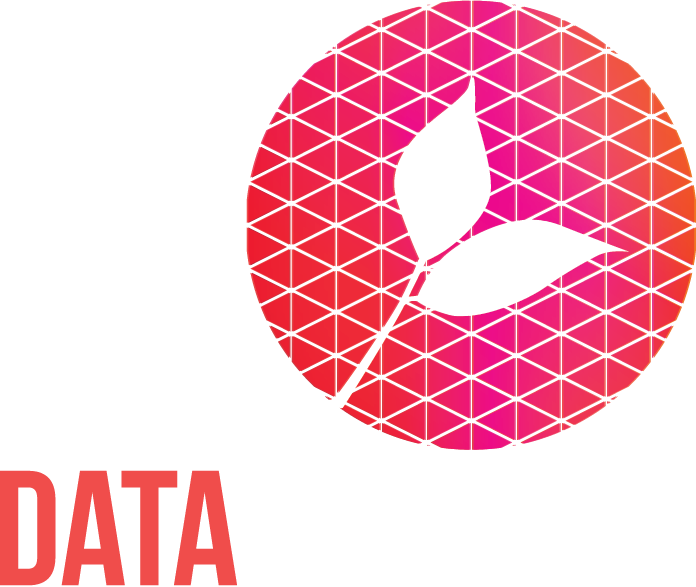Three words to describe how you feel about data? “I hate it!”
I’m talking to the CEO of The Cart Shed, Katie Eastaugh, at the outset of our 12 month journey to transform how the charity manages impact and data. I always ask people how they feel about data, it’s a useful litmus test of where an organisation is at.
To be fair, Katie qualifies her comment to say:
“Actually I don’t hate data, I hate digital technology. It’s expensive, I’ve never had training in it, it’s not intuitive, it changes all the time. I hate the waste, the built-in obsolescence… all these phones and laptops going into landfill.”
As a charity focused on improving people’s mental well-being, working off-grid to reconnect people with nature (away from the stresses of the digital world) is a key part of what The Cart Shed team do. So it’s not surprising that attitudes to technology within the organisation are quite mixed.
Still, it’s 2018. We live in a digital world and it’s not going to go away. I’m hoping during our 12 months together (funded by a grant from The Impact Management Programme) we can help The Cart Shed embrace digital and make it work better, faster, and more efficiently for them. After all, digital technology underpins how data is collected, stored, analysed and shared. And data is the vital resource that will enable this inspiring organisation to thrive and grow.
How important is data for The Cart Shed?
You could be forgiven for thinking this group of rural, off-grid outdoor lovers are cut off from the world of data… but you’d be very wrong.
As part of our project we’ve already interviewed all of the staff, assessed their digital tools and skills, and reviewed most of the data they collect (it’s a lot!).
Staff and trustees have completed our data maturity assessment and it turns out everybody’s job is about data. In fact between 20% and 85% of everyone’s time is about working with data (on average 45%). They record masses of data about the activity and work they do with clients, and need this to report against contracts or to legal bodies.
We’ve also measured The Cart Shed’s data maturity using our updated tool (thanks to support from Stanford University’s Digital Impact programme we’re building an online version with our partners Mango Solutions this year).
Put together the results show a familiar story: lots of data, but not really using it. There are some key weaknesses when it comes to tools and analysis, but also some great strengths when it comes to leadership and culture. They have the right attitude, a team approach, they’re self-questioning, they look after and protect their data, and ultimately they are willing to invest the time and money in driving the organisation forward. In short people are ‘up for it’, they’re engaged with the process and journey. It’s scary but exciting!
The Cart Shed’s baseline data maturity assessment in May 2018
Embracing off-grid with outdoor workshops
Having baselined where The Cart Shed is at, we’re keen to move on to the next stage. Data Orchard embraces The Cart Shed’s ‘off-grid’ approach by doing our workshops with them out in the woods.
It hasn’t been hard to engage the staff and trustees, they’ve been frustrated by their challenges with data for a long time so seem relieved to finally be focusing on improvement. There are practical challenges to delivering our workshops without electricity or wifi, but actually it’s a refreshing experience and encourages a creative approach to problem solving.
We begin by focusing on what they should measure.
In our 2016 survey of over 200 non-profits, 43% said they didn’t collect the right data. It’s true charities and social enterprises collect A LOT of data, but getting the RIGHT data is the real challenge.
“My head aches from thinking so hard”, says Trish Dowling, Senior Occupational Therapist, summing up how we’re all feeling.
This bit is always painful. Knowing what you want to measure is harder than you think. It relies on having a shared understanding of specifically who the organisation serves (and serves well), what the primary problem is that an organisation seeks to address, a vision for ultimate success, and a theory of change that explains how. Staff, volunteers, trustees all come to an organisation with different perspectives and motivations about what the organisation does. So we can’t answer the simple questions about data, without asking those hard questions that get to the heart of who we are and what we’re here for.
Turning HATE into LOVE
It’s clear there’s a lot more work to do. The Cart Shed is going to need to invest in their use of digital technology, and in the internal and external support needed to get their data infrastructure right. Katie’s right, that might be expensive.
At the project’s outset The Data Orchard team had a great sense of excitement about getting our sleeves rolled up and doing some in-depth work with this charity. Especially as the CEO and trustees were so fully behind it. Three months in, we’re grappling with the challenges yet still enormously optimistic about the future.
Katie sums it up: “I have high hopes 'hate' will turn to 'love' shortly.”
Courage and fortitude will be needed though. As Katies says: “We thought it was hard before, but really we’ve just been strolling across the foothills. And now we realise we’re at the foot of a mountain and it looks really daunting. “
We’ve agreed we’re going to dig deep, hold hands, and take it one step at a time.
Do you want your organisation to become more data savvy?
Organisations of all sizes can benefit from taking ownership of their data story. If your organisation is interested in becoming more data savvy, do get in touch with us at Data Orchard for a no-obligation chat.





